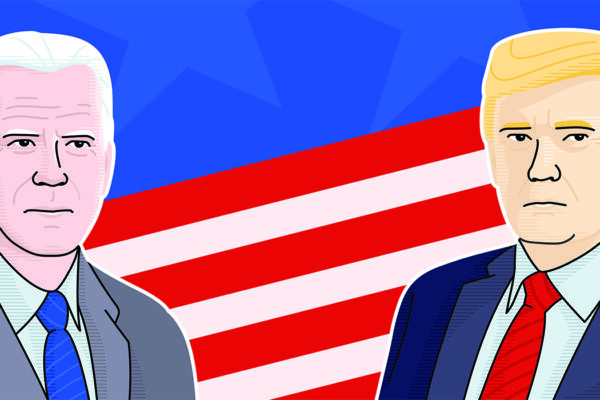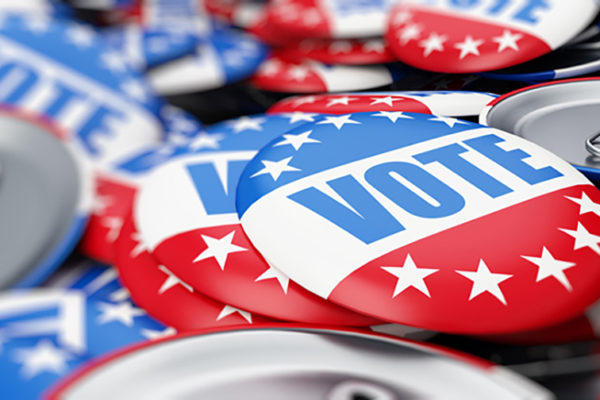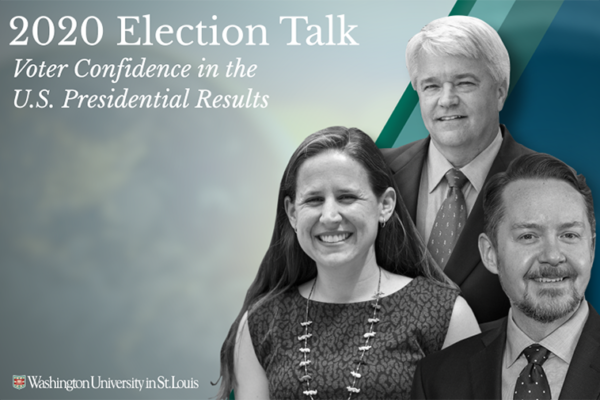Division, partisanship, polarization — these are all terms we consistently hear in current news headlines about the state of our citizenry and political landscape. Much of the conversation and argument about contemporary politics and social activity is about individual and collective anger and rage. But these words are often used in vague and amorphous ways.
Episode 2 of the “American Democracy Lab” podcast helps us understand what anger means, particularly at this moment, and how we can build a more United States. The host is Peter Kastor, the Samuel K. Eddy Professor of history and of American culture studies in Arts & Sciences at Washington University in St. Louis.
Alan Lambert, associate professor of psychological and brain sciences, and Betsy Sinclair, professor of political science, both also in Arts & Sciences, discuss their research on anger, political engagement and the dynamics that bring humans together to take action.
“Anger is a double-edged sword,” Lambert said in the podcast. “It can bring people together to solve an injustice. It can also split people apart. And it can lead to greater divisiveness in our culture, including — but not limited to — politics.”
Tune in to learn more about the social and political consequences of anger and how anger can be harnessed to unite people working toward a common good.
About the ‘American Democracy Lab’ podcast
Now more than ever, it’s important to be able to understand issues from a variety of perspectives. The “American Democracy Lab” podcast, presented by the university’s Gephardt Institute for Civic and Community Engagement, brings together experts from different fields and backgrounds to talk about an aspect of American democracy and where different perspectives may converge.
The podcast is part of the Gephardt Institute’s Engage Democracy initiative, an effort to increase voter turnout and engagement at Washington University. Before the 2020 election cycle, the Gephardt Institute led registration drives, hosted election forums and helped faculty to incorporate election content into their courses. This spring, the institute continues its efforts, offering civic skills workshops, providing information about the upcoming municipal elections and introducing “Walk and Talk Wednesdays,” a weekly opportunity for students to engage in civic dialogue with their peers.
More episodes exploring American democracy will be added throughout spring 2021.



